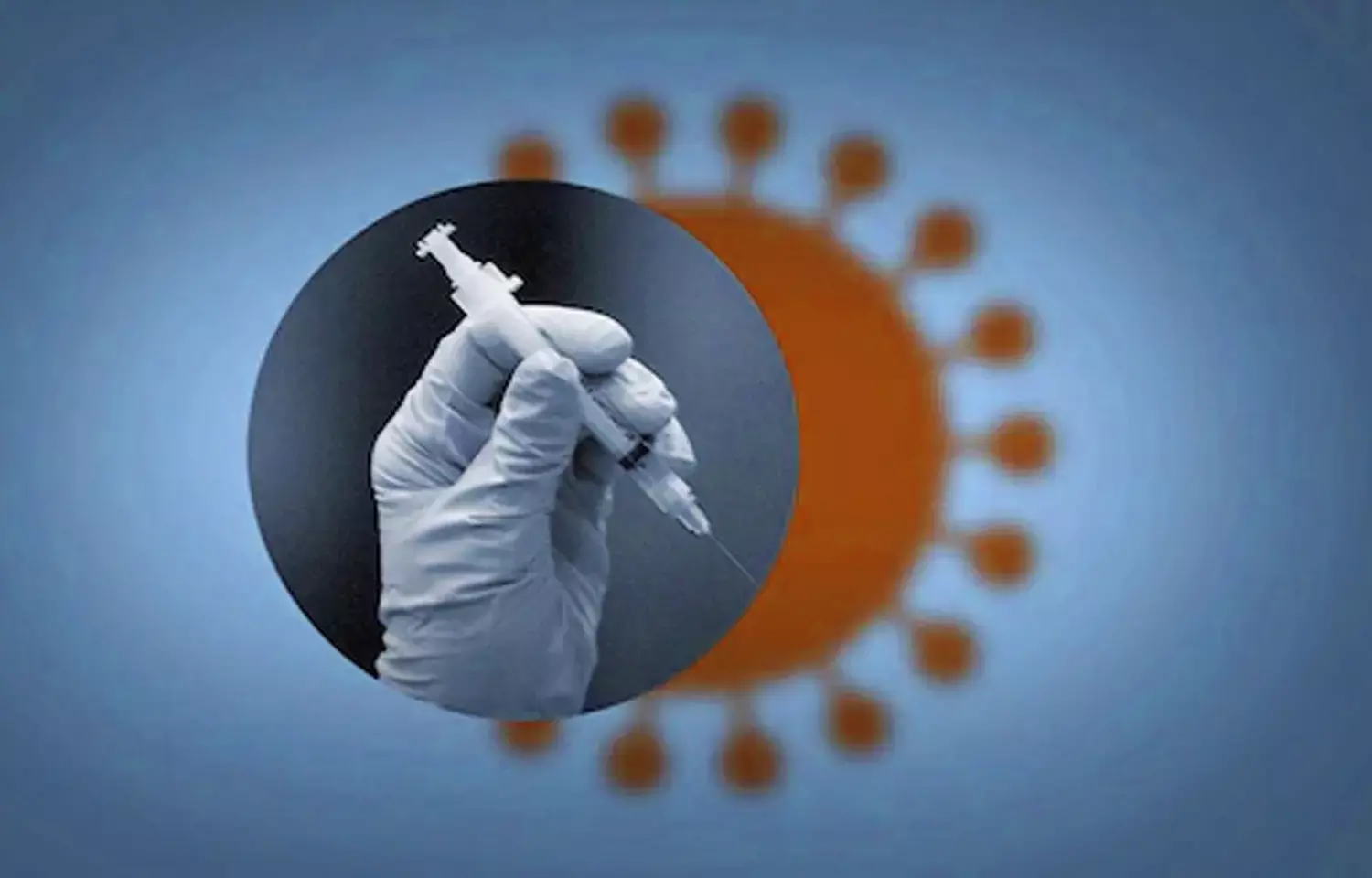- Home
- Medical news & Guidelines
- Anesthesiology
- Cardiology and CTVS
- Critical Care
- Dentistry
- Dermatology
- Diabetes and Endocrinology
- ENT
- Gastroenterology
- Medicine
- Nephrology
- Neurology
- Obstretics-Gynaecology
- Oncology
- Ophthalmology
- Orthopaedics
- Pediatrics-Neonatology
- Psychiatry
- Pulmonology
- Radiology
- Surgery
- Urology
- Laboratory Medicine
- Diet
- Nursing
- Paramedical
- Physiotherapy
- Health news
- Fact Check
- Bone Health Fact Check
- Brain Health Fact Check
- Cancer Related Fact Check
- Child Care Fact Check
- Dental and oral health fact check
- Diabetes and metabolic health fact check
- Diet and Nutrition Fact Check
- Eye and ENT Care Fact Check
- Fitness fact check
- Gut health fact check
- Heart health fact check
- Kidney health fact check
- Medical education fact check
- Men's health fact check
- Respiratory fact check
- Skin and hair care fact check
- Vaccine and Immunization fact check
- Women's health fact check
- AYUSH
- State News
- Andaman and Nicobar Islands
- Andhra Pradesh
- Arunachal Pradesh
- Assam
- Bihar
- Chandigarh
- Chattisgarh
- Dadra and Nagar Haveli
- Daman and Diu
- Delhi
- Goa
- Gujarat
- Haryana
- Himachal Pradesh
- Jammu & Kashmir
- Jharkhand
- Karnataka
- Kerala
- Ladakh
- Lakshadweep
- Madhya Pradesh
- Maharashtra
- Manipur
- Meghalaya
- Mizoram
- Nagaland
- Odisha
- Puducherry
- Punjab
- Rajasthan
- Sikkim
- Tamil Nadu
- Telangana
- Tripura
- Uttar Pradesh
- Uttrakhand
- West Bengal
- Medical Education
- Industry
New study finds COVID-19 vaccination boosts mental health along with immunity

Ann Arbor - Getting vaccinated for COVID-19 measurably improved the psychological well-being of participants in the Understanding Coronavirus in America study, a large longitudinal look at the impact of the pandemic on individuals in the United States. Vaccination was associated with declines in distress and perceived risks of infection, hospitalization, and death. The study, appearing in the American Journal of Preventive Medicine, published by Elsevier, validates the intuitive but previously unanswered questions of whether becoming vaccinated reduces perceived risks associated with COVID-19, and whether the reduction of these fears leads to improvements in mental health and quality of life.
"Our study documents important psychological benefits of vaccination beyond reducing the risk of severe illness and death associated with COVID-19," said lead investigator Jonathan Koltai, PhD, Department of Sociology, University of New Hampshire, Durham, NH, USA.
Psychologic distress and anxiety increased sharply across the population following the onset of the COVID-19 pandemic. Several factors contributed, such as widespread job and income loss, food insecurity, social isolation, caregiving burdens, substance abuse, and racialized discrimination. Depressive symptoms persisted and increased into 2021 for those experiencing an accumulation of stress exposures. Not surprisingly, many individuals are also experiencing anticipatory fears that contribute to rising mental health problems.
Data from a nationally representative study of 8,090 adults who were interviewed regularly between March 2020 and June 2021 revealed declines in COVID-related risk perceptions and psychological distress following vaccination. Specifically, adults who received at least one dose of the COVID-19 vaccine between December 2020 and June 2021 reported a 7% relative reduction in mental distress, as measured using the Patient Health Questionnaire 4 (PHQ-4) distress scores, from average levels in the survey period immediately prior to vaccination.
Reductions in distress were partially explained by declining risk perceptions following vaccination. Becoming vaccinated was associated with a 7.77 percentage point decline in perceived risk of infection, a 6.91 percentage point decline in perceived risk of hospitalization, and a 4.68 percentage point decline in perceived risk of death. Adjusting for risk perceptions decreased the vaccination−distress association by 25%.
These effects persisted and became stronger up to at least eight weeks following vaccination. It is noteworthy that while responses from vaccinated and never-vaccinated participants followed similar trends pre-vaccination, they significantly diverged post-vaccination. Becoming vaccinated made people feel safer in addition to being safer.
The impact of vaccination on mental health varied by race/ethnicity. The largest reductions in distress were observed among American Indians (AI) and Alaska Native (AN) individuals, who have suffered disproportionately from COVID-19. The breakout among racial/ethnic groups was proportional to the overall US population during the study period, with the highest rates of vaccination observed among Asian and Pacific Islanders, and the lowest rates of vaccination observed among Black participants.
With the rapid rise of the Omicron variant in late 2021 and early 2022, urgent measures are needed to increase vaccination rates and achieve vaccine equity, both locally and globally. These efforts need to be coupled with effective communication about the benefits, both physical and mental, associated with vaccination.
Dr. Koltai stressed, "To ensure these benefits are widely shared, efforts to increase vaccination and booster rates in early 2022 need to prioritize equitable distribution and access to vaccines."
https://www.eurekalert.org/news-releases/943590
Hina Zahid Joined Medical Dialogue in 2017 with a passion to work as a Reporter. She coordinates with various national and international journals and association and covers all the stories related to Medical guidelines, Medical Journals, rare medical surgeries as well as all the updates in the medical field. Email: editorial@medicaldialogues.in. Contact no. 011-43720751
Dr Kamal Kant Kohli-MBBS, DTCD- a chest specialist with more than 30 years of practice and a flair for writing clinical articles, Dr Kamal Kant Kohli joined Medical Dialogues as a Chief Editor of Medical News. Besides writing articles, as an editor, he proofreads and verifies all the medical content published on Medical Dialogues including those coming from journals, studies,medical conferences,guidelines etc. Email: drkohli@medicaldialogues.in. Contact no. 011-43720751


